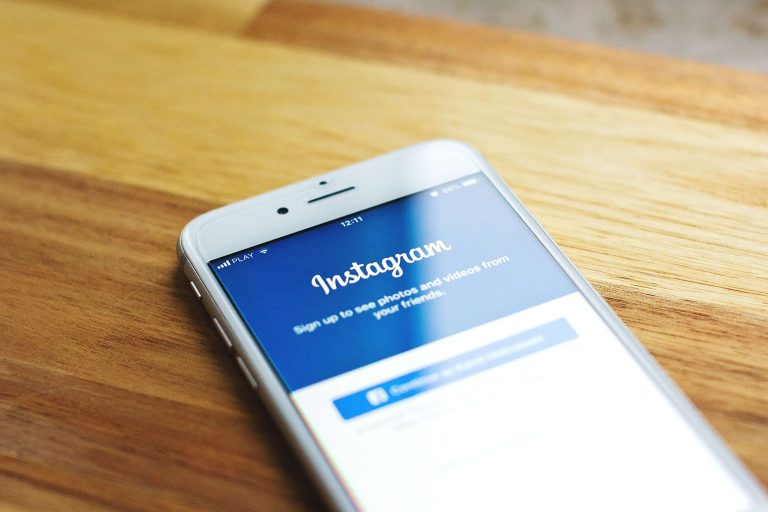Social media—it’s where teens connect, share, and express themselves. It’s a platform that promises to bring people together, but it can also have profound effects on mental health. For teens, social media is a place where comparisons are inevitable, validation is sought, and images of perfection are constantly curated. The constant pressure to perform, be liked, and measure up to unrealistic standards can take a heavy toll on their mental health.
Consider this: A teen scrolls through their social media feed, bombarded by images of “perfect” lives, bodies, and achievements. The pressure mounts, and suddenly they feel like they’re not enough. This constant comparison can lead to feelings of inadequacy, loneliness, and anxiety.
So, what can we do to mitigate these effects?
- Promote Digital Literacy: Teens need to be equipped with the skills to navigate social media healthily. This includes understanding the impact of comparison, recognizing curated content, and questioning the validity of online personas.
- Encourage Offline Activities: While social media can be fun, it’s essential that teens have opportunities to disconnect and engage in offline activities. Encouraging hobbies, sports, or family time can provide much-needed balance.
- Foster Open Conversations: Parents, teachers, and mentors need to engage teens in conversations about their online experiences. Creating an open environment for discussing how social media affects their feelings can help them process and manage their emotions.
- Set Healthy Boundaries: It’s important for teens to set limits on their social media use. Encouraging digital detoxes or screen-free times can help reduce stress and improve mental well-being.
Social media can be a powerful tool, but it’s essential to help teens navigate it in a way that protects their mental health. By fostering healthy digital habits, we can ensure that social media serves as a source of connection—not a cause of stress.


